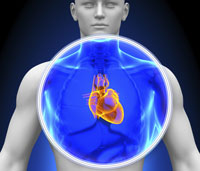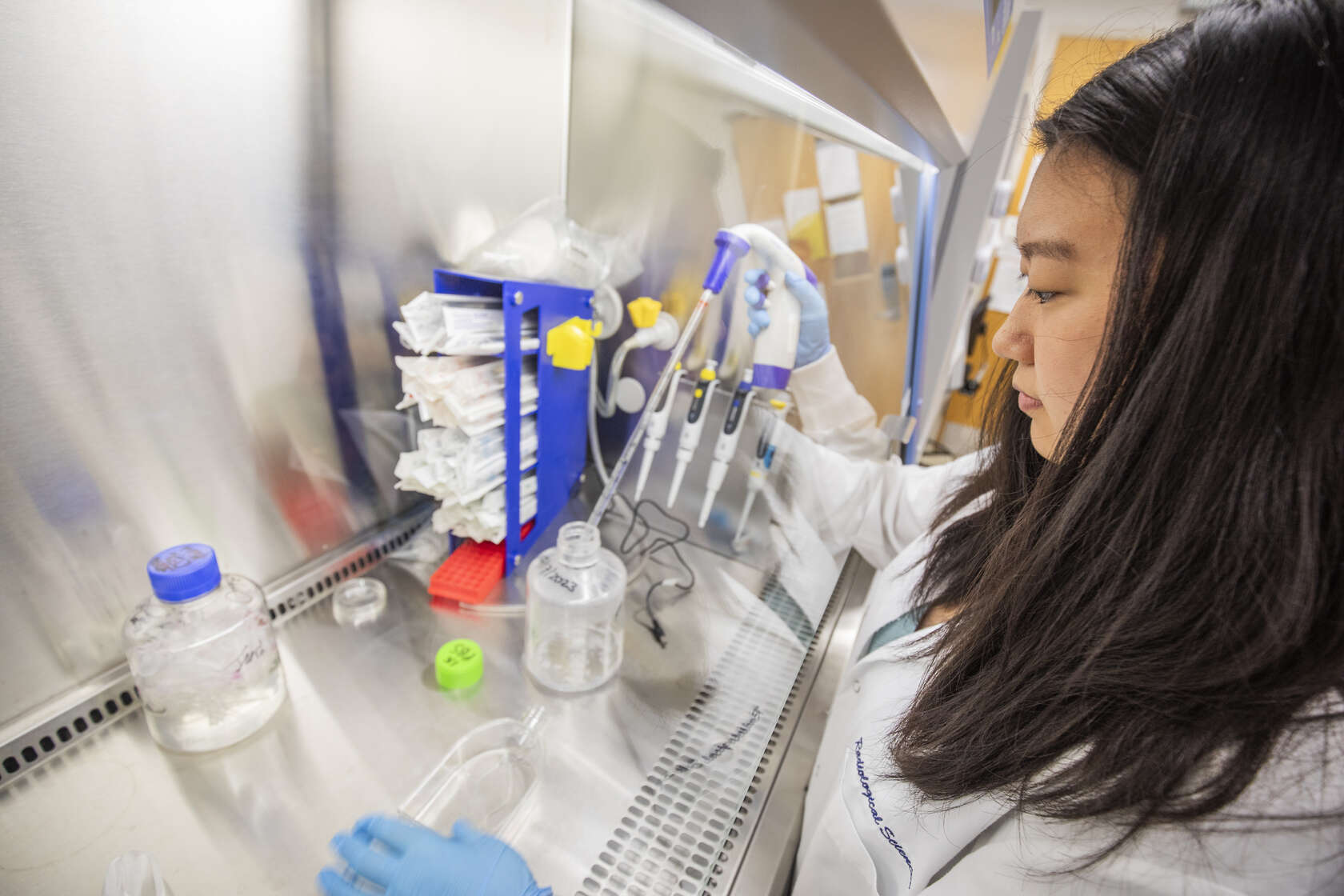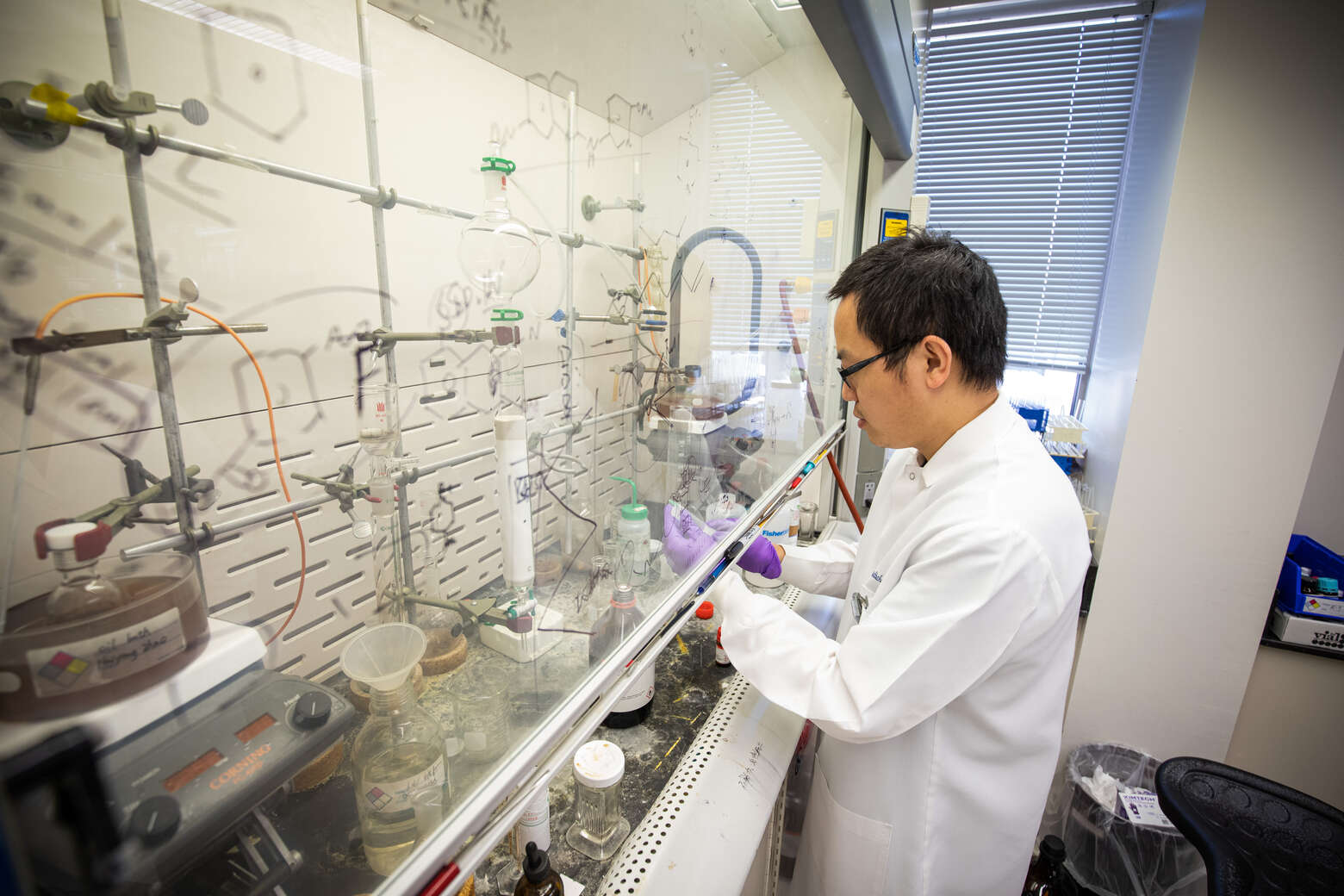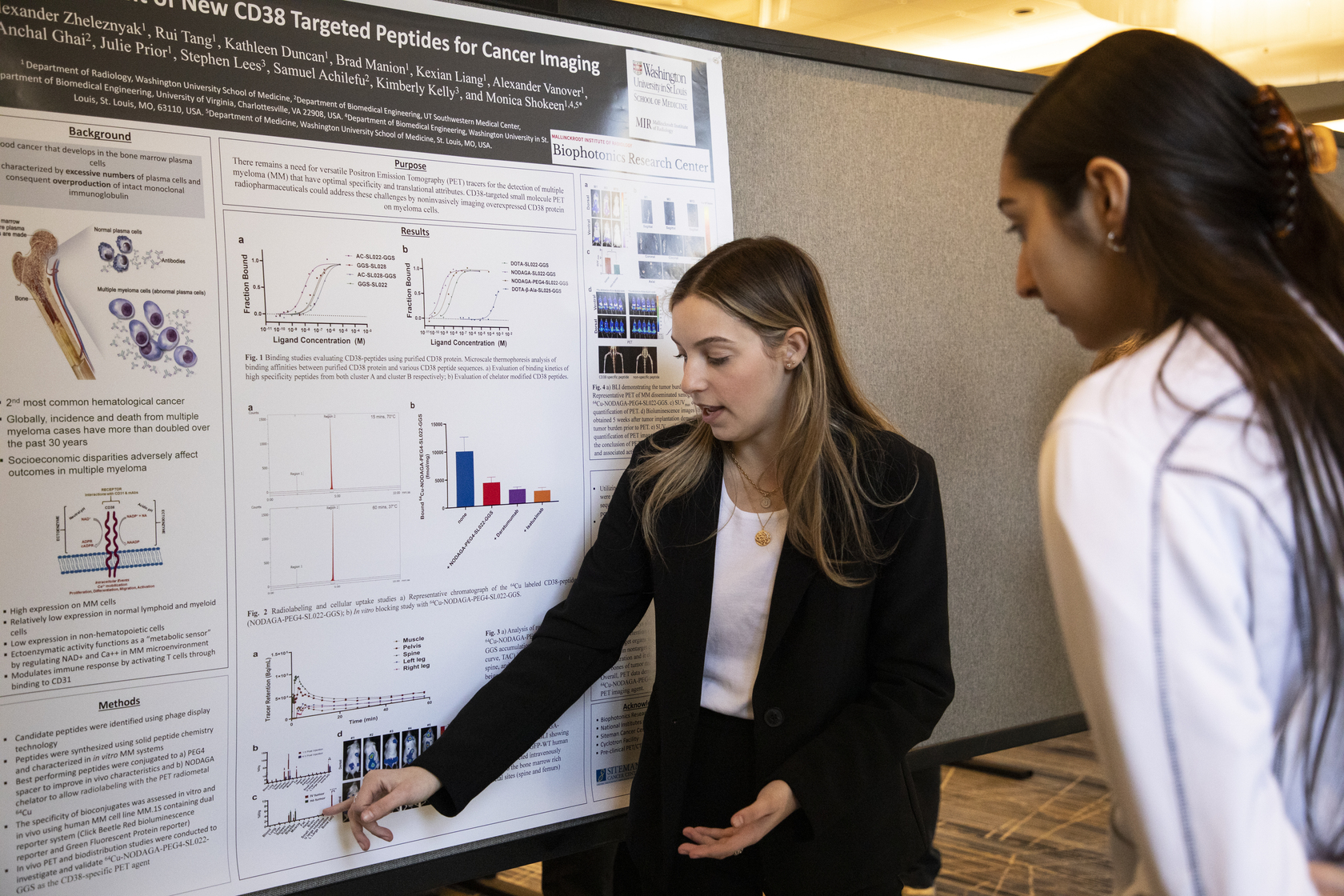Are You at Risk for a Heart Attack?

A coronary calcium scan can detect early-stage heart disease and determine its severity to help you avoid a heart attack. But the imaging test — a computerized tomography (CT) scan — is not meant for everyone, including those who experience chest pain.
”A coronary calcium scan is best reserved for people who have some perceived risk (of a cardiac event) but don’t have symptoms,” says Pamela Woodard, MD, a cardiothoracic imaging expert and professor of radiology. “It’s meant for people who have a family history of heart disease, high cholesterol or blood pressure,” she says.
“This test doesn’t look for blockages in your coronary arteries. It looks for calcium deposits,” continues Woodard. “It detects their presence, location and the amount of calcium in the walls of the arteries that feed the heart.” Coronary arteries don’t usually contain calcium and when they do, it may indicate coronary artery disease (CAD). CAD is a leading cause of heart attacks.
Think you might be at risk for a heart attack? Talk to your physician first, recommends Woodard, and then remember the cardiothoracic imaging experts at Mallinckrodt. “Our radiologists are fellowship trained, with some having 20 years or more of experience in cardiac magnetic resonance (MR) and CT imaging.”





